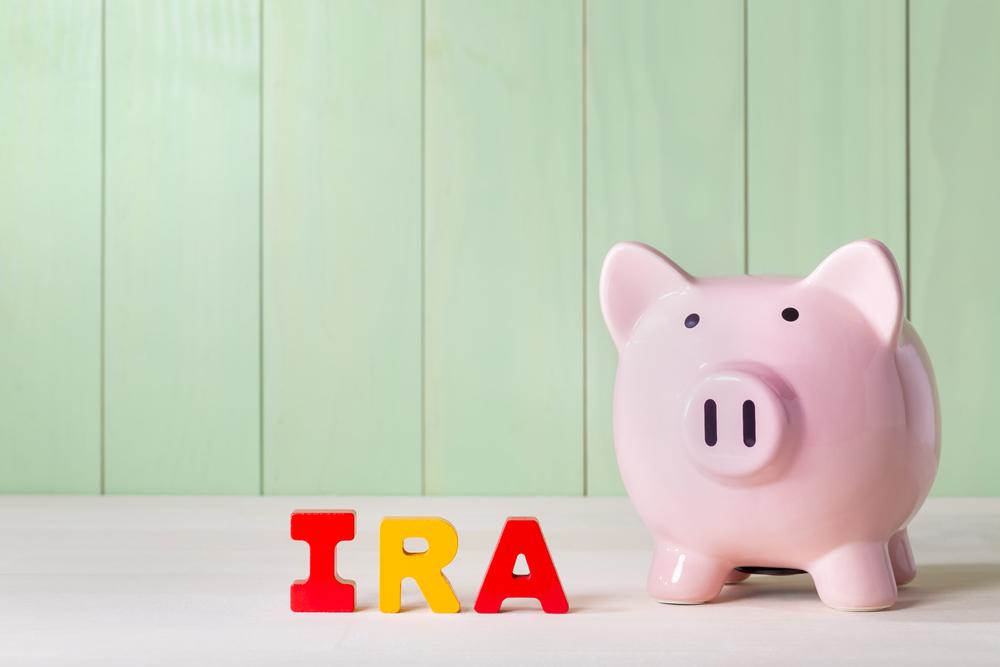How To Use IRA To Pay Off Credit Card Debt
Often, credit card debt can get really overwhelming for most people. Also, you may find that your Individual Retirement Account (IRA) is your only way to get out of squeezing the last bits of your paycheck to repay the balance off of your credit card. Thus, you IRS account is your first option pay off all your credit card debt. It can prove to be an easy option, but is it worth giving up your entire retirement savings to pay off your credit card debt?

Paying extra penalties
You need to really understand the terms and conditions of your IRA. First, you are liable to pay penalties if you withdraw from your account earlier than you are supposed to, that is before your retirement.
For example, in a traditional IRA, you need to pay income taxes, and withdrawing the money before the age of 59 and a half would attract a tax penalty of 10%.
In the case of a Roth IRA, you can withdraw the funds without paying any taxes, provided that the money has been in the account for more than 5 years. The reason behind this withdrawal being tax-free is that it is paid for with after-tax dollars, which means it can be withdrawn without any tax liability.
You Might Also Like: Setting Spending Limits With Your Bank Or Credit Card
How to do it
Despite the disadvantages of using the money in your IRA account to repay your credit card balance, you may still want to go ahead. However, before withdrawing from your IRA account, there are a couple of pointers you need to keep in mind.
- First, you need to start by putting down all of your outstanding credit card debt, arranging the debt from high to low in the particular range of annual percentage rate. Then, you need to calculate how much debt needs to be paid off.
- After this, you need to check the current IRA balance. You can then proceed to compute the money that can be withdrawn from the account while avoiding most taxes and penalties. If you can pay over tax years, then you can pay a large sum as a penalty all at once.
- Moreover, one of the most important points to remember is that as soon as that money is credited to your checking account, you have to pay off the credit card bills immediately. Delaying the repayments further would increase your interest burden considerably.
Analyze your exceptions
While 10% penalty is a thumb rule with traditional IRAs, the exception of 10% withdrawal can be avoided in certain cases. These exceptions of withdrawing the money without penalty can occur in cases such as when you need the money for higher education expenses, due to somebody’s death, or for any other valid reason. One of the best rules is that you can make a penalty-free early withdrawal if you make five equal periodic payments in your account.
While using the money from your account seems like a feasible option, assessing your taxes and penalties is very importance. Get a proper insight into how you can use the IRA for your credit card debt and then go ahead with clearing the debt.
Keep yourself updated with the latest on Credit Cards . Like us on Facebook and follow us on Twitter for more on Investments.


